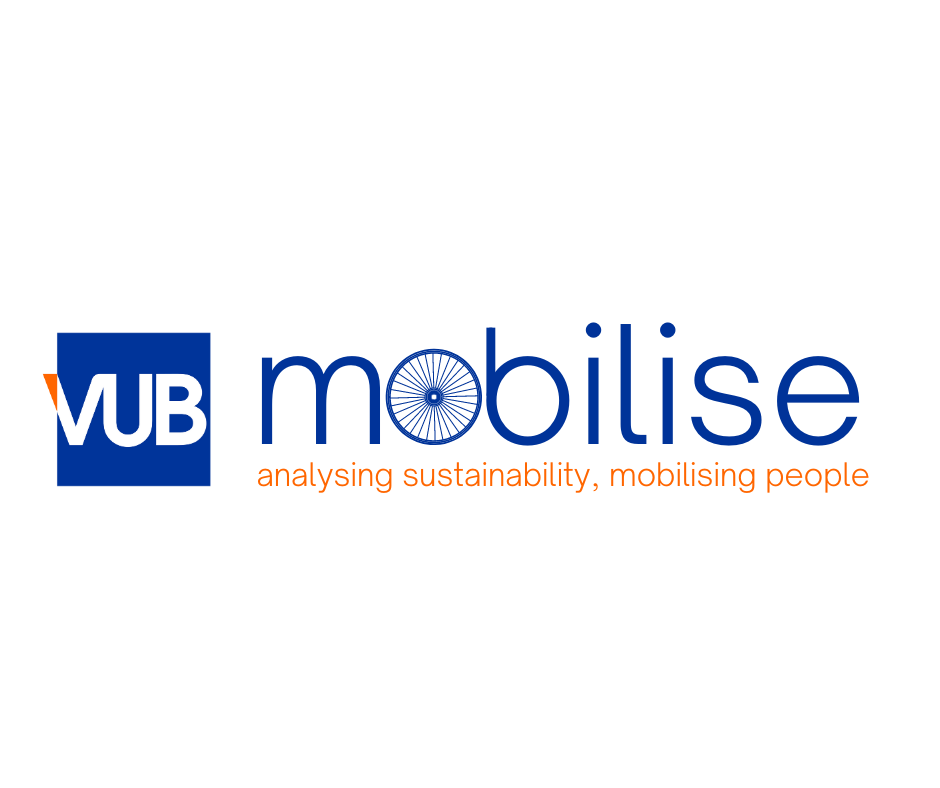Mobility plays a key role in individuals' well-being by enabling access to and participation in social, economic, and cultural activities. However, new transport solutions and the increasing digitalisation of services make it difficult for some people to remain mobile and access essential destinations. To address this issue and thus, 'leave no one behind', this thesis investigates how digital and shared mobility can be made more inclusive, guided by three sub-questions:
(1) What are the requirements of disadvantaged groups concerning the use of digital and shared mobility services?
(2) To what extent do the recognition and the procedural justice of shared and digital mobility interact?
(3) How can participatory approaches to developing digital and shared mobility foster inclusivity?
To answer these questions, a mixed-method approach, with an emphasis on qualitative methods, was employed to obtain insights into participants' lived experiences and capture the perspectives of disadvantaged groups. This research focused on mobility hubs, which are multimodal infrastructures integrating shared mobility and public transport, both physically and digitally. Additionally, two participatory approaches are explored through a case study methodology in Brussels (Belgium), Čačak (Serbia), The Hague (The Netherlands), and Vienna (Austria).

This thesis makes three key contributions. First, it identifies the diverse requirements of disadvantaged groups to effectively use mobility hubs and digital information kiosks. The findings suggest that the design of spaces and vehicles, the reliability of services, the user-friendliness of digital interfaces, and the availability of analogue access options are essential elements to ensure inclusivity. Second, it highlights the interdependence between identifying the needs of disadvantaged groups and their meaningful involvement in developing inclusive digital and shared mobility solutions. Third, it advances knowledge on the processes for developing such solutions by identifying how co-creation and participatory multi-criteria analysis can foster inclusivity. As a result, practical insights on how to leverage these methods are provided. The findings of this research offer theoretical and practical contributions to the transport literature, providing empirical insights and recommendations for scholars, policymakers, and practitioners involved in the development of digital and shared mobility solutions.
